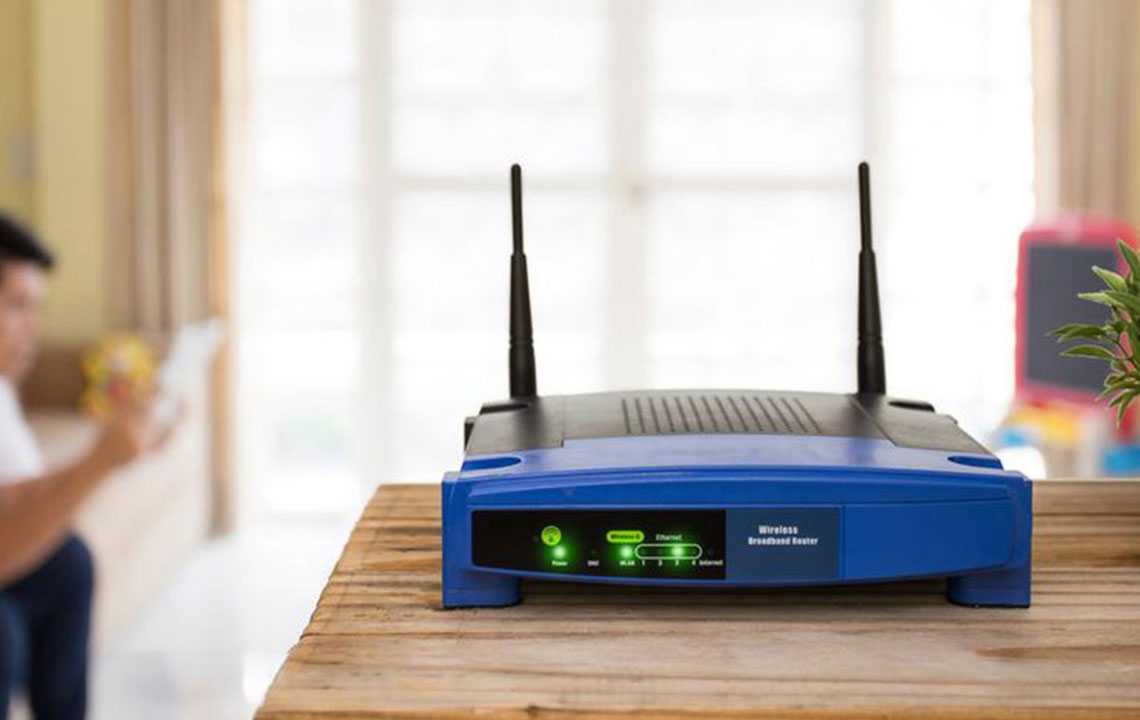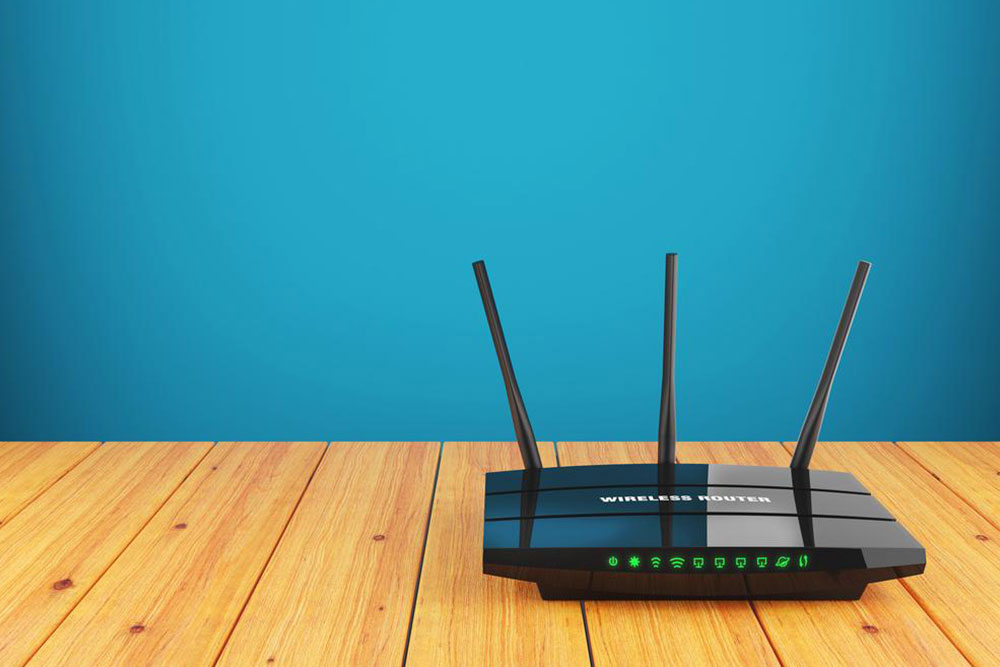Choosing a Reliable Wi-Fi Service Provider: Essential Qualities to Look For
Choosing a reliable Wi-Fi service provider is crucial for seamless internet connectivity in today’s digital age. This guide explores essential qualities such as coverage, speed, cost, reliability, and customer support. By understanding these key features, consumers can make informed decisions to select the best provider for their needs, ensuring a stable and fast internet connection. Proper selection guarantees smooth surfing, streaming, working from home, and gaming experiences, while avoiding common issues like outages and slow speeds. Invest time in research to find a trustworthy provider that delivers reliable service and excellent customer care.

Essential Traits of a Reliable and Trustworthy Wi-Fi Internet Service Provider
In an increasingly digital world, fast and dependable internet access has become a necessity for both personal and professional daily activities. Whether you're working remotely, streaming your favorite shows, gaming online, or simply browsing, a stable Wi-Fi connection is crucial. As the demand for internet service continues to rise, the number of available providers has expanded significantly. However, selecting a trustworthy and high-quality Wi-Fi service provider among numerous options can be overwhelming. Understanding the key attributes that define a reliable provider can help consumers make informed choices and ensure they receive consistent, high-quality service that meets their needs.
This comprehensive guide details the most important qualities to consider when choosing a Wi-Fi internet service provider, covering coverage, speed, cost considerations, additional benefits, reliability, and customer support. By focusing on these aspects, consumers can avoid common pitfalls and select a provider that offers optimal service tailored to their requirements.
Network Coverage Area
One of the first aspects to verify is whether the provider offers service in your geographic location. Not all providers cover every area, and availability can vary significantly between urban and rural regions. To confirm coverage, you can visit the provider’s official website, use local directories, or call customer service. Ensuring coverage before signing up prevents future frustrations related to limited service or outages in your area. Additionally, some providers offer expanded coverage options for rural or less-populated regions through specialized infrastructure or satellite technology.
Connection Speed and Performance
Speed is perhaps the most critical factor when choosing a Wi-Fi service provider. High-speed internet services enable seamless streaming, quick downloads, smooth video conferencing, and lag-free online gaming. When comparing plans, look for the advertised upload and download speeds, and check if those speeds are consistent during peak usage times. Many providers offer tiered plans with varying bandwidth options, so selecting the right plan depends on your specific usage needs and budget. Reading customer reviews and conducting speed tests can offer real-world insights into the actual performance your area can expect.
Pricing and Contract Terms
Cost is a significant consideration. It’s important to understand what the provider charges for installation, equipment, and monthly service. Some providers include a modem/router in the service package, while others require you to purchase your own. Compare plans carefully, paying attention to hidden fees or charges for early termination. Look for promotional discounts or bundled deals that combine internet with cable TV or phone services to save money. Always review the service contract to understand the length, renewal terms, and cancellation policies, ensuring there are no surprise fees later on.
Additional Features and Benefits
Beyond basic connectivity, many providers offer extra features that can enhance your internet experience. These may include free or discounted branded email accounts, personal web hosting, virus protection subscriptions, or backup services. Some companies also provide parental controls and advanced security measures, which are especially important for households with children. Consider these added benefits as they can offer considerable value and convenience, aligning with your specific needs.
Service Reliability and Stability
A dependable Wi-Fi provider must ensure consistent service delivery. Frequent disconnections, slow speeds, or outages undermine the overall user experience. To assess reliability, examine customer reviews and ratings, paying particular attention to feedback about service stability. A provider with a reputation for reliability ensures your online activities aren’t disrupted unexpectedly. Additionally, check whether the provider offers service level agreements (SLAs) or guarantees for uptime and performance, giving you peace of mind that your connection will be dependable.
Customer Support and Technical Assistance
Effective customer support is essential, especially when technical issues or outages occur. A trustworthy provider should have a professional, responsive support team available through multiple channels—phone, email, or chat. Quick resolution of problems minimizes downtime and inconvenience. Before enrolling, research the company's reputation for customer service, read reviews, and verify the availability of support around the clock or during extended hours. Good support not only helps resolve issues efficiently but also builds confidence in the provider’s commitment to customer satisfaction.
In summary, selecting a trustworthy Wi-Fi service provider involves careful evaluation of coverage, speed, cost, additional perks, reliability, and support services. By thoroughly researching and comparing these factors, consumers can find a provider that offers the best value, stability, and customer care, ultimately enhancing their overall internet experience.





